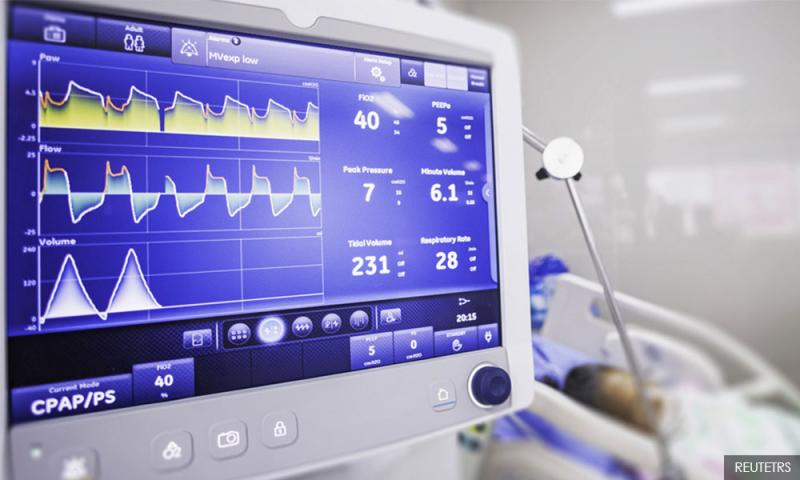COMMENT | House officer abuse against core principle of medicine
COMMENT | The Hippocratic Oath, the Oath of a Muslim Physician and the Malaysian Medical Council’s Code of Professional Conduct are all instrumental in articulating the principles that continue to guide and inform the practice of medicine.
The oath is embedded in many legal statutes and may carry criminal or other liability beyond its symbolic or historic nature. At its core is the concept of primum non nocere (first, do no harm), drilled into our brains from the day we begin medical school and presumed to stay with us for the rest of our lives.
Many assume these oaths only deal with the doctor-patient relationship but the MMC Code of Professional Conduct states that “a practitioner must treat colleagues and staff with due respect and dignity at all times and avoid any act, verbal or physical, which may cause harm or injury, or which may be interpreted as harassment, including gender-related, aggressive pressuring or intimidating behaviour”.
If this has been drilled into our brains from day one as a medical student, then why do we still have these doctor-doctor relationship problems?
The issue dates back as far as the 18th century when medicine started off with the prevailing consensus that disease was nothing more than symptoms to be fixed by a paternalistic all-knowing doctor. Things have changed since then. The paternalism has given way to inclusiveness, with the patient at the centre of the decision-making process.
While this has improved the doctor-patient relationship, nevertheless, paternalism still remains a strong force within the doctor-doctor relationship, where the house officer is on the lowest rung in the hierarchy of superspecialists, specialists, registrars and medical officers.
This was the reality in 1980 when I was a house officer, and it is still there 42 years on. The instruction comes from above and the house officer carries it out without question. After all, it is about life and death, right?
Often it is a fine line that we tread between treatment and harm. House officers have to learn the hard way, which is deemed the only way. Many will attest to this being the most effective way to learn, and that those that fall by the wayside are simply not capable of facing the rigours in the years to come. Along the way, this paternalistic doctor-doctor relationship has been legitimised and there seems no other way at all.
Indeed, the present furore surrounding a house officer who committed suicide shows that nothing has changed at all. There are those who think that the house officers of today lack the strength and moral fibre of previous house officers who are now towering personalities in their subspecialities.
Many of them recall the horrendous hours they worked and the abuse they endured while being a house officer. They say that it made them better doctors. Why does working non-stop over 36 hours make you a better doctor later in life? Or does the abused now become the abuser?
I recall my own experience. I was a pregnant house officer and I have heard so many horror stories...
RM12.50 / month
- Unlimited access to award-winning journalism
- Comment and share your opinions on all our articles
- Gift interesting stories to your friends
- Tax deductable
